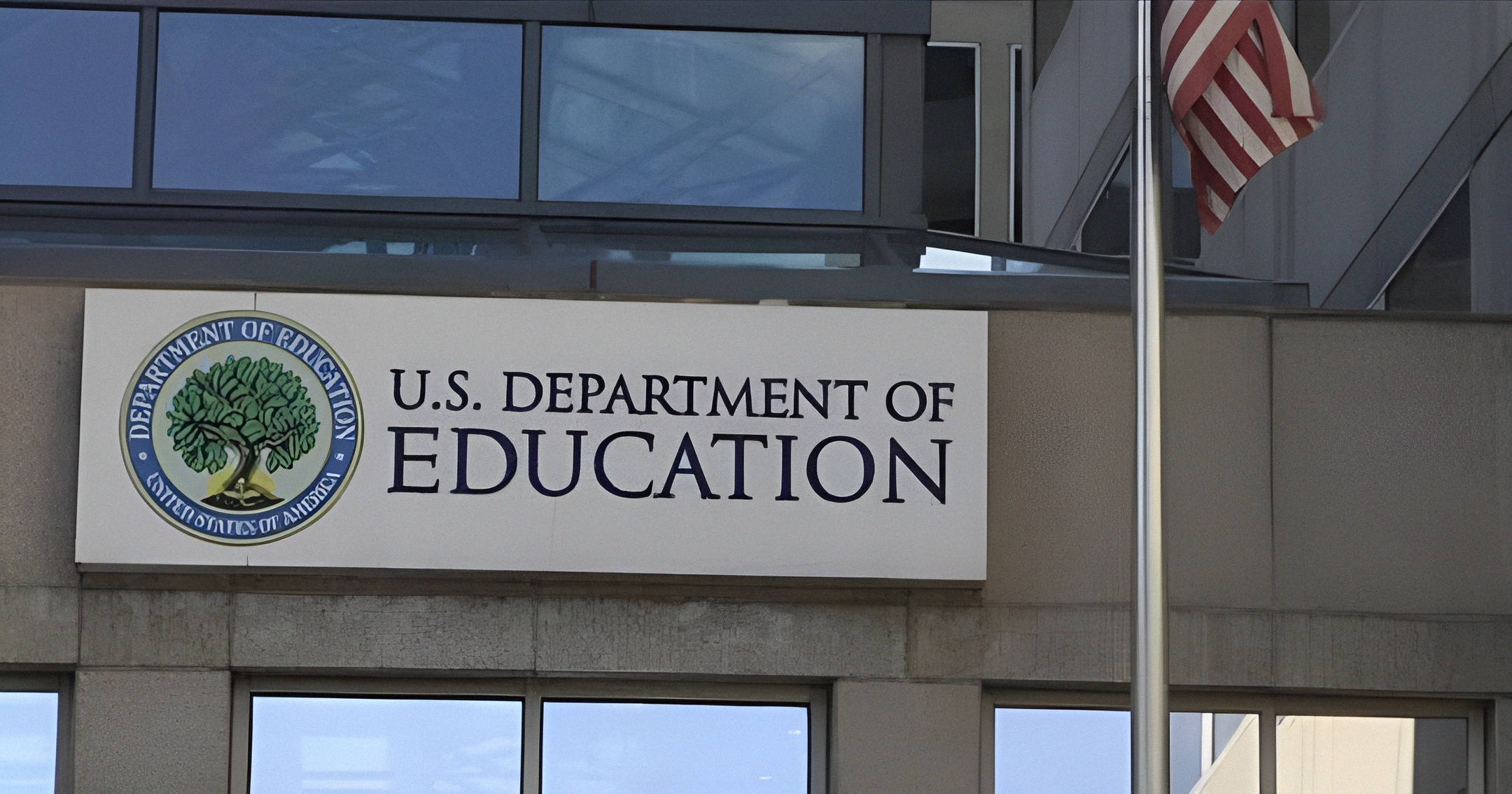‘Welcome to USA Morning News ‘ Members of Congress, mostly Democrats, faced a dramatic situation today when a private security guard blocked their access to the Department of Education, despite their intention to meet with senior leaders there. The lawmakers had sent a letter requesting a meeting to discuss the department’s operations. They had just finished a press conference where they criticized Donald Trump’s push to shut down the Department of Education, pointing out that he could not do so without congressional approval. After the press event, they attempted to enter the building, but by the time they reached the door, security had locked it.
The Democrats argued that, as members of Congress, they had the constitutional right to conduct oversight, but security insisted they couldn’t enter without an appointment. The incident raised questions about transparency and accountability in the federal education system.
The Department of Education plays a critical role in setting national education standards, enforcing Title IX laws concerning campus sexual assault, administering financial aid like student loans, and distributing federal grants for educational programs. The department’s staff argues that while there are concerns about the effectiveness of the department’s spending, it should not be dismantled.
Given that the Democrats are currently in the minority in both the House and Senate, they have limited tools to push back. They don’t control the committees or have the majority votes to subpoena witnesses. While some Democrats view protests like today’s as one way to raise awareness, they acknowledge that their options are constrained.
One Democratic representative from California highlighted that, although their powers are limited, they can continue to remind the public that actions like closing the department cannot be done by executive order alone. They plan to keep drawing attention to the issue, urging Americans to hold their representatives accountable and to push for a check on executive power.
Democrats are facing growing pressure from their constituents and advocacy groups to take action, but with their current lack of power, their ability to challenge the administration’s moves is quite restricted.
